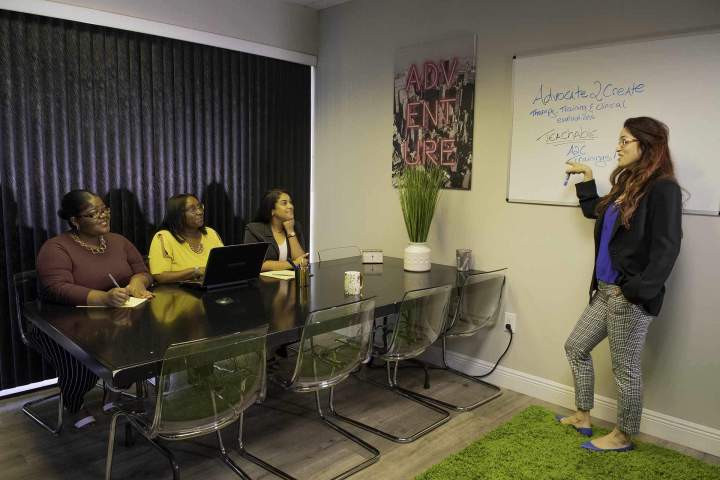What Are the Goals of Psycho Educational Training?

Psychoeducational training focuses on empowering individuals with knowledge and practical tools to improve their mental health. At Advocate2Create, we aim to help clients build resilience and enhance their emotional well-being.
Developing Emotional Awareness and Self-Regulation
One of the primary goals of psychoeducational training is to help individuals develop a deeper understanding of their emotions and how to regulate them effectively. Emotions like stress, anxiety, or anger can have a significant impact on our well-being and behavior, making emotional awareness essential for mental health. At Advocate2Create, our psychoeducational programs focus on helping clients identify their emotional triggers, recognize unhealthy thought patterns, and develop healthier ways to respond to difficult emotions.
By learning to regulate emotions, clients can improve their overall emotional stability and avoid feeling overwhelmed. This skill is especially beneficial for those struggling with issues like anxiety, depression, or anger management. In addition, emotional regulation allows individuals to build better relationships, enhance their decision-making abilities, and develop more effective coping strategies. Through practical exercises and interactive learning, clients gain tools that empower them to manage their emotions, leading to improved well-being and a greater sense of control over their lives.
Enhancing Coping Strategies and Problem-Solving Skills
Another key goal of psychoeducational training is to provide individuals with effective coping strategies for dealing with life's challenges. Life can be unpredictable, and everyone faces stressors, difficulties, and obstacles at different points. Having the right coping mechanisms in place can make a significant difference in how we navigate these challenges. At Advocate2Create, our psychoeducational programs focus on equipping clients with evidence-based strategies to manage stress, anxiety, and other emotional difficulties. This includes learning mindfulness techniques, building resilience, and practicing problem-solving skills. By enhancing coping abilities, individuals can face challenges with greater confidence and reduce the negative impact of stress on their lives.
Additionally, problem-solving skills are vital for tackling difficult situations, whether at work, in relationships, or during personal crises. With the knowledge gained through psychoeducational training, individuals can approach challenges with a clear mind, develop practical solutions, and foster emotional growth. These goals work together to help individuals improve their mental health, reduce stress, and foster long-term emotional well-being.